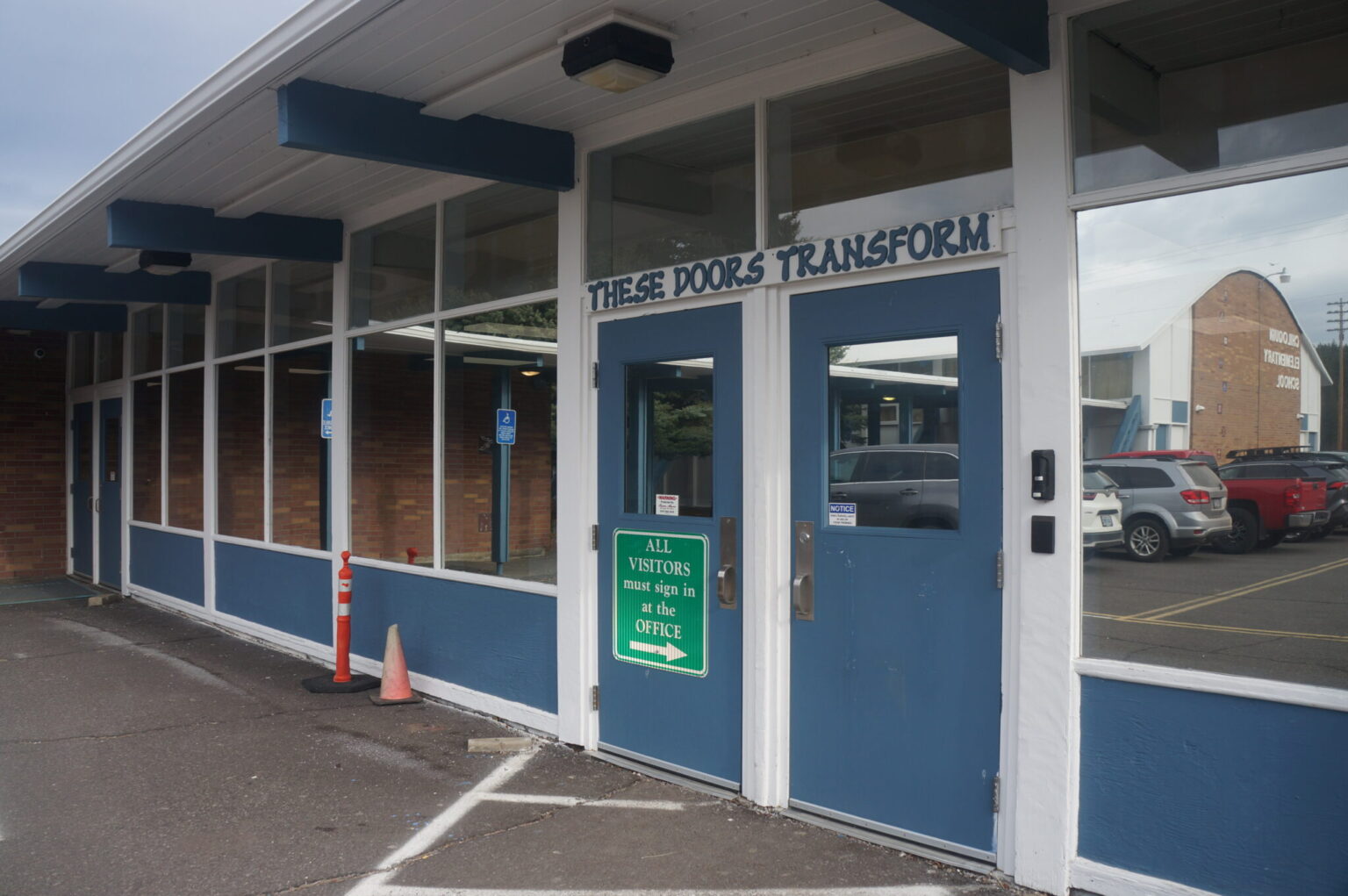The U.S. House of Representatives failed to reauthorize a 24-year-old bill that normally provides up to $80 million annually for schools and roads in Oregon, along with wildfire prevention and conservation efforts. As a result, schools in 30 of Oregon’s 36 counties and schools in other Western states will receive less federal funding in 2025.
The U.S. Senate reauthorized the bipartisan Secure Rural Schools and Community Self-Determination Act in November after it was first passed in 2000. According to Hank Stern, a spokesman for Oregon’s senior senator, Democrat Ron Wyden, who co-authored the original bill in 2000, the rural schools bill died without a vote on Friday because House Republicans were unable to agree on how to fund it in the run-up to the passage of a top-gap spending bill to keep the government open until March. According to Wyden, rural towns will suffer needlessly if the funding is not approved.
In an email, he stated, “This sad state of affairs due to congressional Republican failings is pointless and regrettable.” When it comes to local schools, Oregonians who live and work in counties that have historically depended on millions of dollars in federal Secure Rural Schools funding will regrettably and needlessly face an unclear future in 2025. highways, police, and more.
In an email, Republican Senator Mike Crapo of Idaho, who collaborated with Wyden to pass the law in the Senate, expressed his anger with Wyden.
“I worked hard with Senator Wyden to get SRS funding for rural counties,” Crapo stated.
Following a decline in logging and timber earnings, rural communities have benefited from Secure Rural Schools funding.
According to Stern, a disagreement over health care spending caused the Republicans to abstain from voting on the bill, which would have killed the stopgap measure.
For many years, counties with federal land within their borders in 41 states and Puerto Rico have received hundreds of millions of dollars thanks to the Secure Rural Schools bill. The federal government sends money back to those counties to help them pay for essential services and to weather other changes because those counties provide vital services to people and businesses that use those lands for activities like timber production and animal grazing that bring in money for the federal government.
In the West, the funding has mostly helped maintain county and school budgets after federal forest timber revenue was cut in the 1990s to rescue endangered species and harvesting was curtailed. In the top three wood-producing years of the 1980s, the payments have been equal to the average amount counties received from timber harvests from the Bureau of Land Management and the U.S. Forest Service. Over the past 24 years, the measure has provided $4 billion in funding to Oregon.
According to Wyden’s office, 30 counties in Oregon received close to $74 million this year through the act. In 2023, 12 counties in Alaska received $12.6 million, 34 counties in Idaho received $25 million, 32 counties in Montana received $16 million, and 25 counties in Washington state earned roughly $18 million, according to the most recent data from the U.S. Forest Service.
Wyden and an Idaho Republican senator have alternately supported the bill in recent years. According to Stern, Wyden relied on Crapo this year to push for the bill’s passage in the House, which is controlled by Republicans.
The Senate Finance Committee’s ranking member, Crapo, stated that he will support the plan when he assumes leadership of the committee next year when the Senate is controlled by Republicans.
During the next Trump administration, I will keep pushing for this legislation, Crapo stated.
Wyden, who is currently the chair of the Finance Committee and will rise to the position of ranking member next year, stated that he will also be advocating for passage.
At the beginning of the new year, I’m determined to collaborate with anyone, anywhere, who is sincere about reauthorizing these crucial investments as soon as possible for rural communities in Oregon and around the country, Wyden stated.
Like the Idaho Capital Sun, the Oregon Capital Chronicle is a 501c(3) public charity and a member of States Newsroom, a nonprofit news network backed by grants and a coalition of supporters. The editorial freedom of the Oregon Capital Chronicle is maintained. For inquiries, send an email to [email protected] to reach Editor Lynne Terry.
OUR WORK IS MADE POSSIBLE BY YOU.
Note: Every piece of content is rigorously reviewed by our team of experienced writers and editors to ensure its accuracy. Our writers use credible sources and adhere to strict fact-checking protocols to verify all claims and data before publication. If an error is identified, we promptly correct it and strive for transparency in all updates, feel free to reach out to us via email. We appreciate your trust and support!



